Premium Only Content
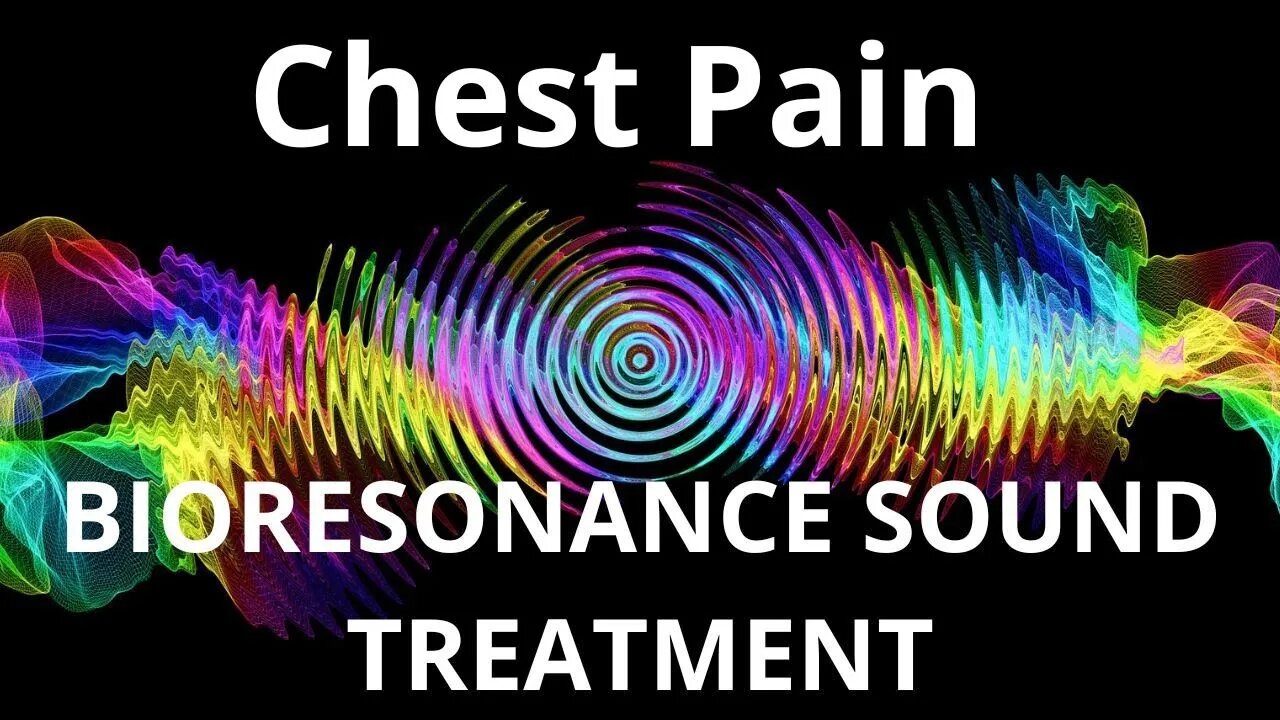
Chest Pain_Resonance therapy session_BIORESONANCE SOUND THERAPY
#bioresonance #Resonance therapy session#sound_treatment
Chest pain appears in many forms, ranging from a sharp stab to a dull ache. Sometimes chest pain feels crushing or burning. In certain cases, the pain travels up the neck, into the jaw, and then spreads to the back or down one or both arms.
Many different problems can cause chest pain. The most life-threatening causes involve the heart or lungs. Because chest pain can indicate a serious problem, it's important to seek immediate medical help.
Causes
Chest pain has many possible causes, all of which need medical attention.
Heart-related causes
Examples of heart-related causes of chest pain include:
Heart attack. A heart attack results from blocked blood flow, often from a blood clot, to the heart muscle.
Angina. Angina is the term for chest pain caused by poor blood flow to the heart. This is often caused by the buildup of thick plaques on the inner walls of the arteries that carry blood to the heart. These plaques narrow the arteries and restrict the heart's blood supply, particularly during physical activity.
Aortic dissection. This life-threatening condition involves the main artery leading from the heart (aorta). If the inner layers of this blood vessel separate, blood is forced between the layers and can cause the aorta to rupture.
Inflammation of the sac around the heart (pericarditis). This condition usually causes sharp pain that gets worse when breathing in or lying down.
Digestive causes
Chest pain can be caused by disorders of the digestive system, including:
Heartburn. This painful, burning sensation behind the breastbone occurs when stomach acid washes up from the stomach into the tube that connects the throat to the stomach (esophagus).
Swallowing disorders. Disorders of the esophagus can make swallowing difficult and even painful.
Gallbladder or pancreas problems. Gallstones or inflammation of the gallbladder or pancreas can cause abdominal pain that spreads to the chest.
Muscle and bone causes
Some types of chest pain are associated with injuries and other problems affecting the structures that make up the chest wall, including:
Costochondritis. In this condition, the cartilage of the rib cage, particularly the cartilage that joins the ribs to the breastbone, becomes inflamed and painful.
Sore muscles. Chronic pain syndromes, such as fibromyalgia, can cause persistent muscle-related chest pain.
Injured ribs. A bruised or broken rib can cause chest pain.
Lung-related causes
Many lung disorders can cause chest pain, including:
Blood clot in the lung (pulmonary embolism). A blood clot that gets stuck in a lung (pulmonary) artery can block blood flow to lung tissue.
Inflammation of the membrane covering the lungs (pleurisy). This condition can cause chest pain that worsens when you inhale or cough.
Collapsed lung. The chest pain associated with a collapsed lung typically begins suddenly and can last for hours and is generally associated with shortness of breath. A collapsed lung occurs when air leaks into the space between the lung and the ribs.
High blood pressure in the lung arteries (pulmonary hypertension). This condition affects the arteries carrying blood to the lungs and can produce chest pain.
Other causes
Chest pain can also be caused by:
Panic attack. If you have periods of intense fear accompanied by chest pain, a rapid heartbeat, rapid breathing, profuse sweating, shortness of breath, nausea, dizziness and a fear of dying, you may be having a panic attack.
Shingles. Caused by a reactivation of the chickenpox virus, shingles can produce pain and a band of blisters from the back around to the chest wall.
Music affects a person, it can calm and cheer up, sounds can heal. The therapeutic effect is due to the frequency fluctuations of various sounds that resonate with various organs of the body. Sounds have bioresonance compatibility with the vibrations of human internal organs, which is the basis of the positive effect of sound treatment. The sound vibrations of music trigger many mechanisms of higher nervous activity in the patient's subconscious and start the healing process. Sound therapy does not replace medical treatment, but complements it, improves the positive dynamics of treatment and speeds up recovery.
TO ACHIEVE A POSITIVE RESULT, DAILY LISTENING TO VIDEOS IS REQUIRED.
I wish you health and prosperity!
You can purchase unique medicines in my store:
https://store11998180.company.site/
You have the opportunity to support the channel:
https://destream.net/live/RadSiarAl/donate
-
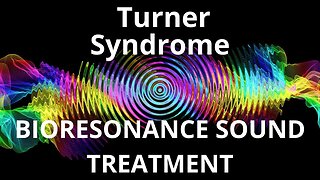 32:03
32:03
BIORESONANCE SOUND THERAPY
1 day agoTurner Syndrome _ Sound therapy session _ Sounds of nature
731 -
 15:59
15:59
GubbaHomestead
20 days agoWhy You Need This For Your Homestead
11.5K4 -
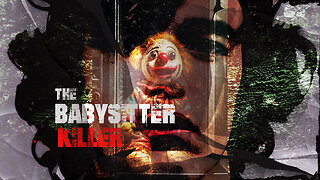 16:05
16:05
DEADBUGsays
1 day agoTHE BABYSITTER KILLER | Murder by Design #38
27.4K3 -
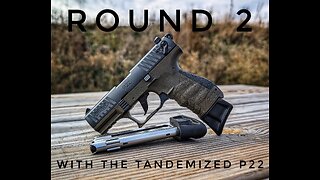 12:40
12:40
Chris From The 740
23 hours ago $1.60 earnedIs The Walther P22 Still Trash? Let's Find Out
15.7K2 -
 1:00:37
1:00:37
Trumpet Daily
20 hours ago $5.60 earnedThe Cause of ‘Natural’ Disasters - Trumpet Daily | Jan. 10, 2025
12.3K13 -
 33:41
33:41
PMG
11 hours ago $0.75 earnedHannah Faulkner and Haile McAnally | OMAHA YR RACE
7.19K3 -
 21:24
21:24
The Based Mother
1 day ago $1.46 earnedThis is not a drill - California is set on self-destruction.
7.96K6 -
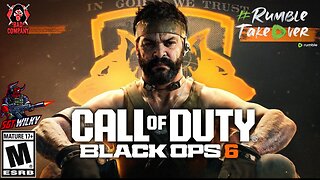 6:06:49
6:06:49
Sgt Wilky Plays
14 hours agoFirefight Friday
63K5 -
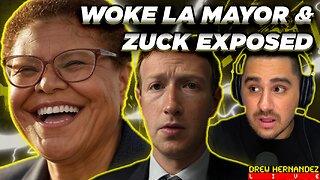 5:03:49
5:03:49
Drew Hernandez
17 hours agoLA MAYOR PUSHED $49 MILL LAFD BUDGET CUT ONE WEEK BEFORE FIRES?
119K68 -
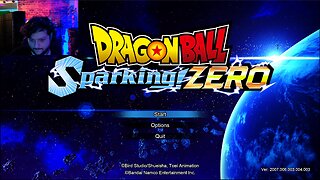 2:52:04
2:52:04
Nobodies Gaming
12 hours ago $6.68 earnedNobodies Rumble Gaming TEST STREAM 2.0
68.4K3